Few things are more complicated and controversial than debt. But some debt, such as mortgage debt or student loan debt, is very common. When we talk about debt problems, we often mean credit card debt.
Credit Card Warning
Credit cards are very popular, and are offered to just about everyone. Unlike a debit card, which is linked directly to your checking account at a bank, a credit card actually pays for stuff using the credit card company's money. As the user, you have to pay the credit card company back at the end of each month for everything you bought using the card. If you pay the entire amount back on time, you do not owe any additional interest, fees, or other penalties.
Unfortunately, many credit card users get into trouble because most credit cards allow users to continue to use the card without paying the full amount due every month. Users can make a minimum monthly payment and have their credit limit restored to its usual monthly amount. Of course, they now owe a high rate of interest on the amount that has been unpaid! Only having to make a minimum monthly payment can result in several months of debt accumulation. Before users realize the damage, they have generated thousands of dollars in debt.
Some credit cards offer high monthly credit limits that may exceed the entire monthly income of the user. This makes it easy for people to get into credit card debt, as they are not limited by their income. And, with credit card interest today averaging 22 percent, even minor debts can be difficult to pay down. Debtors (those in debt) must first pay off the interest owed before they can pay off the principal (dollar amount of borrowed money).
Five Warning Signs of Financial Trouble
One warning sign of trouble is not being able to pay your credit card statement in full each month. This will cause debt to accumulate each month. Sometimes, users choose to pay only the minimum amount and vow to pay off both monthly statements in full next time. Unfortunately, the planned major increase in income rarely works out, forcing users to continue paying only the minimum amount. This results in growing credit card debt that can be extremely hard to get out of.
A second warning sign is spending more than you earn. Credit cards and loans make this possible, and it is easy for people to spend more than their income and rationalize it as a one-time "expensive month." However, the "expensive months" keep on happening! Failing to draw a hard line at overspending can lead to overspending becoming commonplace, resulting in debt.
Third, you don't have any savings. Sadly, it is not uncommon today for Americans to be living paycheck-to-paycheck, meaning they spend all of their income each month. The lack of savings can result in expensive debt, usually credit card debt, if an emergency situation occurs. For example, not having $1,000 in savings to cover an emergency would result in someone having to take out a payday loan to pay for auto repairs. These loans, similar to credit cards, have very high interest rates. To avoid high interest on repair and emergency costs, it is important to have some savings for those situations.
Next, you are borrowing money to pay your monthly bills. Bills like utilities (electricity, water, natural gas, Internet service) are a necessity and can be shut off for nonpayment. If your income cannot pay these necessities, you are likely in financial trouble. Unlike other purchases, utilities are recurring expenses that must be paid every month, so paying for them with borrowed money will increase your debt each month. It is important to ensure that you can pay all your monthly bills in cash, meaning money you possess that is not borrowed!
Finally, a sign of financial trouble is when your spending or debt starts affecting your personal life. Even small amounts of debt can cause stress in relationships, especially if it requires making cuts to important expenses. Having to avoid outings and activities with friends and family due to financial problems can lead to feelings of guilt, anger, and isolation. Therefore, financial health also helps maintain one's mental health.
Early Warning Signs of Personal Debt Trouble
One early warning sign of debt trouble is overspending. This can occur easily if you do not budget your spending. Those who plan their spending and track their expenses are better prepared to avoid overspending, as overspending often occurs accidentally. After accounting for monthly fixed payments and utilities, budgeters know how much money they have left for day-to-day purchases. Some of these, such as groceries, can be estimated each month. As spending approaches the estimated monthly limit, budgeters know that they should try to cut back.
A second early warning sign of trouble is being denied credit, usually a loan. This can catch some people by surprise, as they might have never checked their credit score before. Fortunately, Sensei Credit helps people track their credit score and credit reports to ensure that they are credit worthy. Failure to pay a bill in full or on time can result in a negative credit report, which lowers your credit score. Ideally, you want a credit score of 700 or higher. If you discover that you have a credit score below 700, you may struggle to get a home or auto loan at a favorable interest rate.
Third, avoiding the topics of finance, budgeting, and saving may be an early warning sign of trouble. Subconsciously, you may realize that you expenses are now greater than your income. Even if you have not "crunched the numbers," you may feel distressed as part of you realizes that your expenses are unmanageable. Do not ignore these gut feelings! It is time to tackle the problem head-on.
Help With Debt Problems
To fix debt problems, you must first know the extent of the problem. You need to collect all of your financial statements and determine how much money is owed, then compare it to your income. You will need to create a budget to determine how much you can spend on living expenses. With what is left over, known as discretionary income, you can decide how much you can pay each month toward your debt. You may need to adjust your budget so that the amount you pay toward servicing your debt is greater than the minimum amount. Otherwise, you will not actually be reducing the principal of your debt.
The Debt Snowball
Once you are able to put money each month toward paying down debt, you should begin with paying down the principal of the smallest debt first - meaning you have to pay more than the minimum payment. Once this debt is paid off, you can allocate its monthly payment toward your next largest debt. Thus, your ability to repay debt "snowballs" over time and helps you tackle larger and larger debts. This process builds confidence and positive financial habits.
Refinance Debt
One strategy for paying down debt is to refinance it. This means taking out a new loan at a lower interest rate to pay off the original loan. Unfortunately, the ability to refinance may only be available after you have improved your credit score and gained eligibility for a lower interest loan. During economic slowdowns, such as a recession, interest rates often fall, also providing a good time to refinance debt. Some credit card companies or lenders may also agree to lower your interest rate if you negotiate with them.
Monitor Credit
To refinance your debt under favorable terms, you need to have good credit. Monitoring credit helps ensure that your credit score is optimal by catching and removing any errors on your credit reports. Sensei Credit ensures that your credit score is not being dragged down by fraud or erroneous charges. Credit monitoring can also reveal that you have lines or credit that you have since forgotten about, such as an old credit card from a retailer. Your credit score may be low because you have too many lines of credit from old, unused credit cards.
Helping Someone in Debt
If someone you know is struggling with debt, you can help them by offering them resources to explore credit monitoring, debt refinancing, the debt snowball strategy, and budgeting. Some people who are struggling with debt may feel hopeless and not know where to begin. Due to a lack of personal financial literacy education in schools, many Americans may get into debt before they know about credit scores and how to properly budget!
Why We Need to Manage Debt
Everyone needs debt at some point. From cars to houses to higher education, there are many expenses that we cannot pay in cash. They must be financed with borrowed money. This affects our credit score and credit worthiness, so we need to be knowledgeable and vigilant about our credit. Sensei Credit can help ensure that we are at our credit worthy best for all of our borrowing needs!
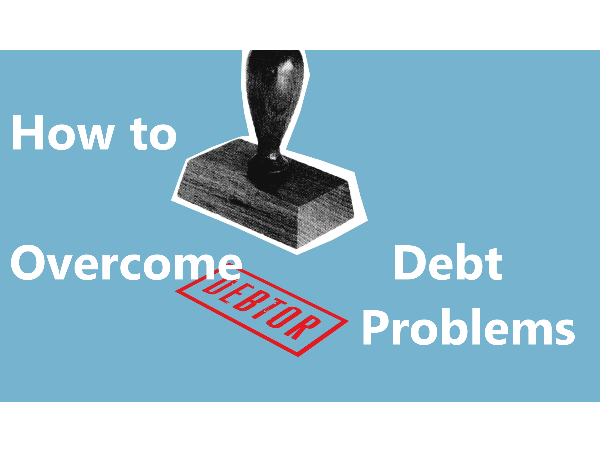

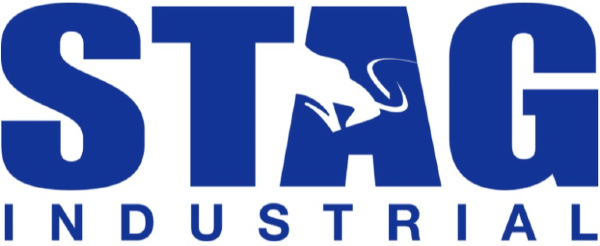
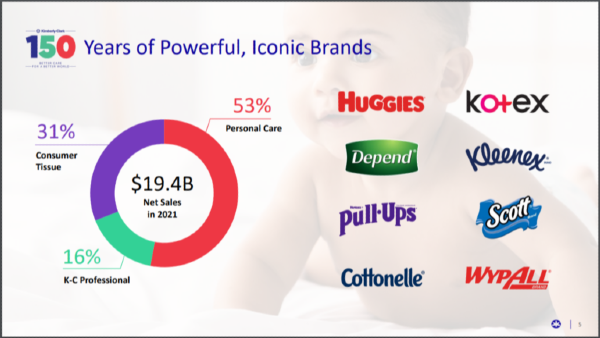



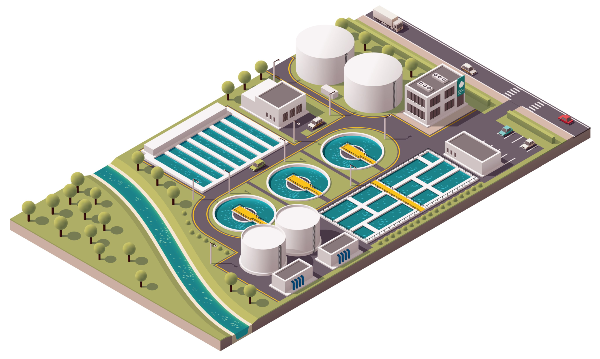

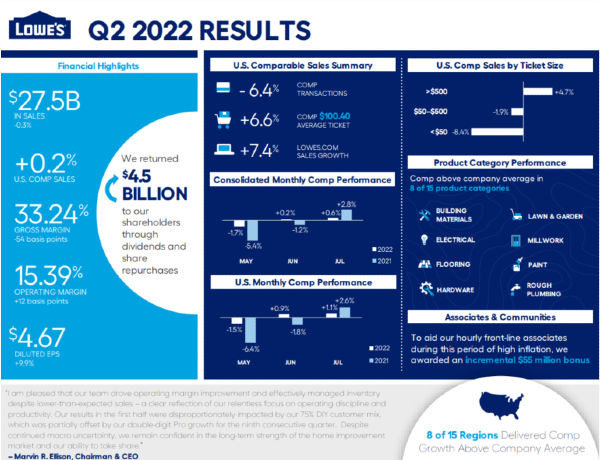



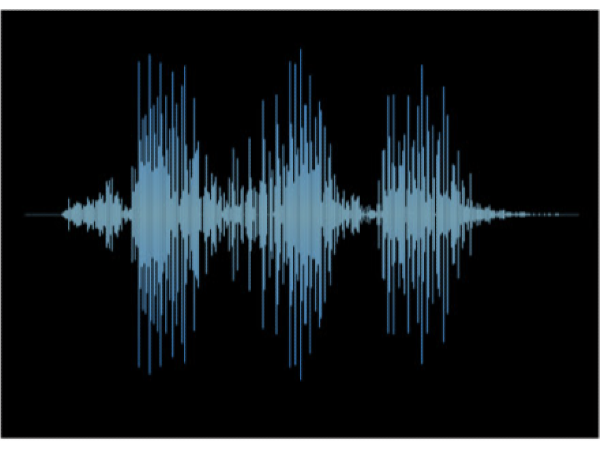



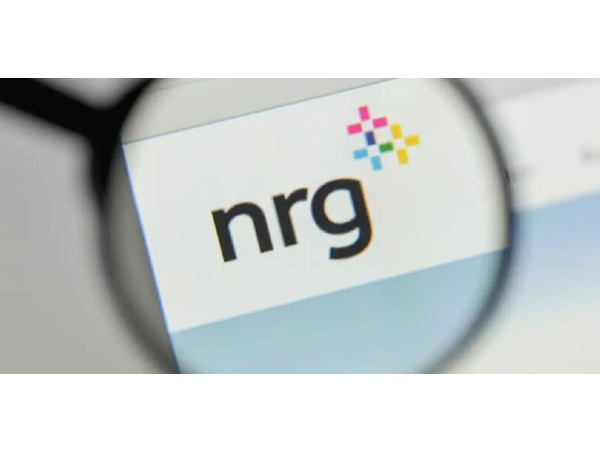

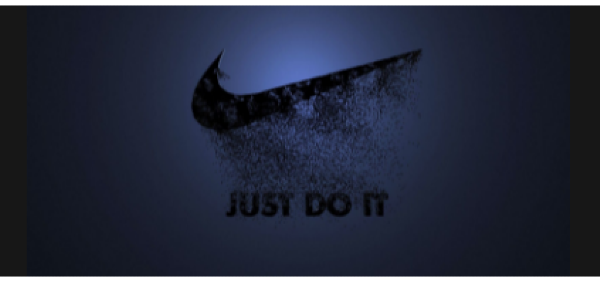










Few things are more complicated and controversial than debt. But some debt, such as mortgage debt or student loan debt, is very common. When we talk about debt problems, we often mean credit card debt.
Credit Card Warning
Credit cards are very popular, and are offered to just about everyone. Unlike a debit card, which is linked directly to your checking account at a bank, a credit card actually pays for stuff using the credit card company's money. As the user, you have to pay the credit card company back at the end of each month for everything you bought using the card. If you pay the entire amount back on time, you do not owe any additional interest, fees, or other penalties.
Unfortunately, many credit card users get into trouble because most credit cards allow users to continue to use the card without paying the full amount due every month. Users can make a minimum monthly payment and have their credit limit restored to its usual monthly amount. Of course, they now owe a high rate of interest on the amount that has been unpaid! Only having to make a minimum monthly payment can result in several months of debt accumulation. Before users realize the damage, they have generated thousands of dollars in debt.
Some credit cards offer high monthly credit limits that may exceed the entire monthly income of the user. This makes it easy for people to get into credit card debt, as they are not limited by their income. And, with credit card interest today averaging 22 percent, even minor debts can be difficult to pay down. Debtors (those in debt) must first pay off the interest owed before they can pay off the principal (dollar amount of borrowed money).
Five Warning Signs of Financial Trouble
One warning sign of trouble is not being able to pay your credit card statement in full each month. This will cause debt to accumulate each month. Sometimes, users choose to pay only the minimum amount and vow to pay off both monthly statements in full next time. Unfortunately, the planned major increase in income rarely works out, forcing users to continue paying only the minimum amount. This results in growing credit card debt that can be extremely hard to get out of.
A second warning sign is spending more than you earn. Credit cards and loans make this possible, and it is easy for people to spend more than their income and rationalize it as a one-time "expensive month." However, the "expensive months" keep on happening! Failing to draw a hard line at overspending can lead to overspending becoming commonplace, resulting in debt.
Third, you don't have any savings. Sadly, it is not uncommon today for Americans to be living paycheck-to-paycheck, meaning they spend all of their income each month. The lack of savings can result in expensive debt, usually credit card debt, if an emergency situation occurs. For example, not having $1,000 in savings to cover an emergency would result in someone having to take out a payday loan to pay for auto repairs. These loans, similar to credit cards, have very high interest rates. To avoid high interest on repair and emergency costs, it is important to have some savings for those situations.
Next, you are borrowing money to pay your monthly bills. Bills like utilities (electricity, water, natural gas, Internet service) are a necessity and can be shut off for nonpayment. If your income cannot pay these necessities, you are likely in financial trouble. Unlike other purchases, utilities are recurring expenses that must be paid every month, so paying for them with borrowed money will increase your debt each month. It is important to ensure that you can pay all your monthly bills in cash, meaning money you possess that is not borrowed!
Finally, a sign of financial trouble is when your spending or debt starts affecting your personal life. Even small amounts of debt can cause stress in relationships, especially if it requires making cuts to important expenses. Having to avoid outings and activities with friends and family due to financial problems can lead to feelings of guilt, anger, and isolation. Therefore, financial health also helps maintain one's mental health.
Early Warning Signs of Personal Debt Trouble
One early warning sign of debt trouble is overspending. This can occur easily if you do not budget your spending. Those who plan their spending and track their expenses are better prepared to avoid overspending, as overspending often occurs accidentally. After accounting for monthly fixed payments and utilities, budgeters know how much money they have left for day-to-day purchases. Some of these, such as groceries, can be estimated each month. As spending approaches the estimated monthly limit, budgeters know that they should try to cut back.
A second early warning sign of trouble is being denied credit, usually a loan. This can catch some people by surprise, as they might have never checked their credit score before. Fortunately, Sensei Credit helps people track their credit score and credit reports to ensure that they are credit worthy. Failure to pay a bill in full or on time can result in a negative credit report, which lowers your credit score. Ideally, you want a credit score of 700 or higher. If you discover that you have a credit score below 700, you may struggle to get a home or auto loan at a favorable interest rate.
Third, avoiding the topics of finance, budgeting, and saving may be an early warning sign of trouble. Subconsciously, you may realize that you expenses are now greater than your income. Even if you have not "crunched the numbers," you may feel distressed as part of you realizes that your expenses are unmanageable. Do not ignore these gut feelings! It is time to tackle the problem head-on.
Help With Debt Problems
To fix debt problems, you must first know the extent of the problem. You need to collect all of your financial statements and determine how much money is owed, then compare it to your income. You will need to create a budget to determine how much you can spend on living expenses. With what is left over, known as discretionary income, you can decide how much you can pay each month toward your debt. You may need to adjust your budget so that the amount you pay toward servicing your debt is greater than the minimum amount. Otherwise, you will not actually be reducing the principal of your debt.
The Debt Snowball
Once you are able to put money each month toward paying down debt, you should begin with paying down the principal of the smallest debt first - meaning you have to pay more than the minimum payment. Once this debt is paid off, you can allocate its monthly payment toward your next largest debt. Thus, your ability to repay debt "snowballs" over time and helps you tackle larger and larger debts. This process builds confidence and positive financial habits.
Refinance Debt
One strategy for paying down debt is to refinance it. This means taking out a new loan at a lower interest rate to pay off the original loan. Unfortunately, the ability to refinance may only be available after you have improved your credit score and gained eligibility for a lower interest loan. During economic slowdowns, such as a recession, interest rates often fall, also providing a good time to refinance debt. Some credit card companies or lenders may also agree to lower your interest rate if you negotiate with them.
Monitor Credit
To refinance your debt under favorable terms, you need to have good credit. Monitoring credit helps ensure that your credit score is optimal by catching and removing any errors on your credit reports. Sensei Credit ensures that your credit score is not being dragged down by fraud or erroneous charges. Credit monitoring can also reveal that you have lines or credit that you have since forgotten about, such as an old credit card from a retailer. Your credit score may be low because you have too many lines of credit from old, unused credit cards.
Helping Someone in Debt
If someone you know is struggling with debt, you can help them by offering them resources to explore credit monitoring, debt refinancing, the debt snowball strategy, and budgeting. Some people who are struggling with debt may feel hopeless and not know where to begin. Due to a lack of personal financial literacy education in schools, many Americans may get into debt before they know about credit scores and how to properly budget!
Why We Need to Manage Debt
Everyone needs debt at some point. From cars to houses to higher education, there are many expenses that we cannot pay in cash. They must be financed with borrowed money. This affects our credit score and credit worthiness, so we need to be knowledgeable and vigilant about our credit. Sensei Credit can help ensure that we are at our credit worthy best for all of our borrowing needs!